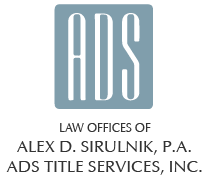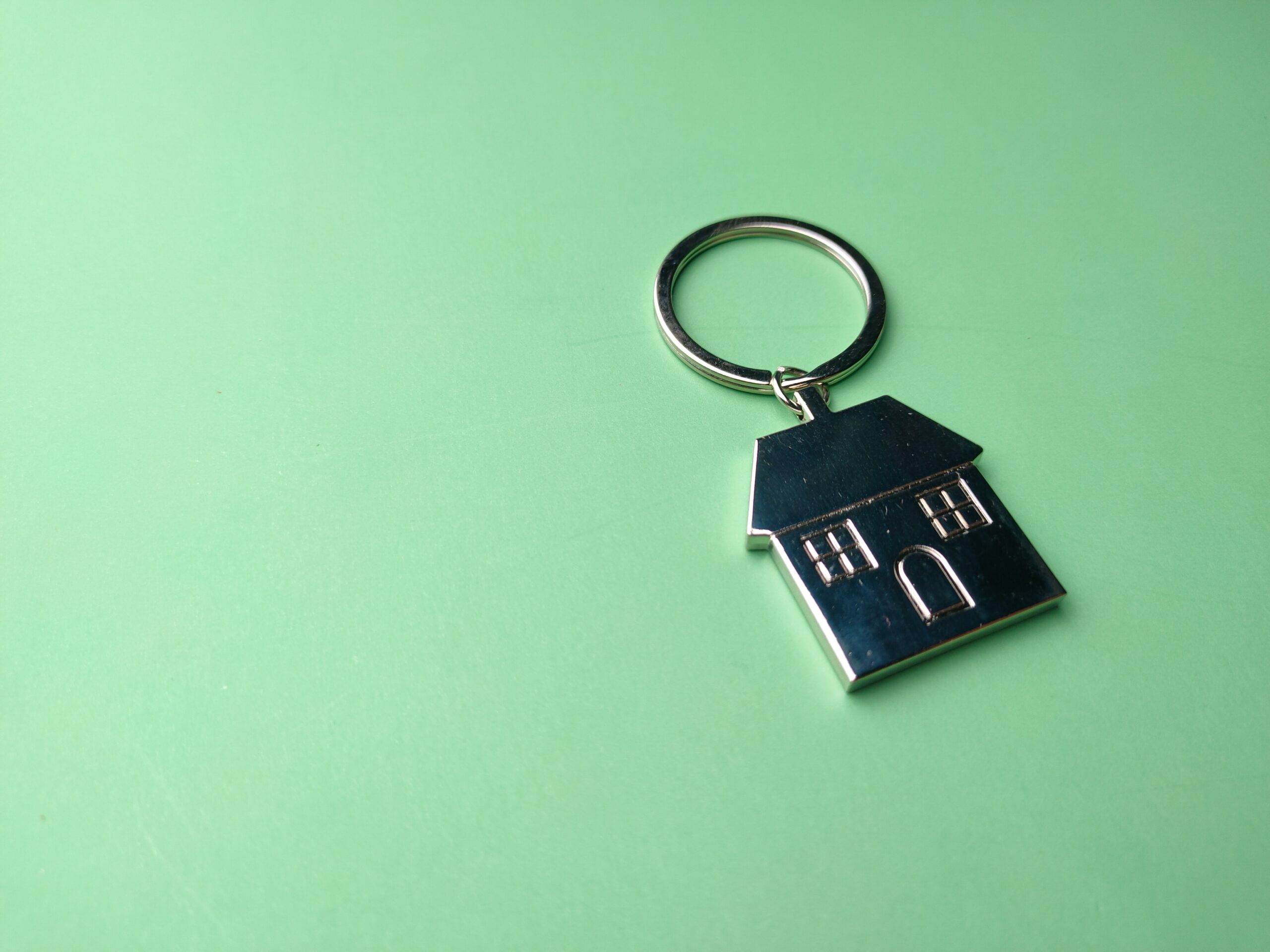
If you’re intending to buy or sell a condo in Miami in the near future, your ears will likely perk up when you hear anything about a special assessment (SA). In the eyes of a buyer, there’s nothing “special” about having to front extra money, especially when the seller was well-aware the assessment was going to be levied.
Below we’ll discuss what needs to be disclosed when selling a condo in Florida and how special assessment payments are handled during a residential real estate transaction.
What to Know About the Condominium Rider
Sellers in Florida are required by law to disclose special assessments on condominium properties. The form for doing so is called the Condominium Rider. If the seller is aware of any special or other assessments to be levied by the association, it must be disclosed on the condo rider. It must also be disclosed if a SA has been an item on the Board’s agenda or reported in the minutes within the last 12 months.
If a special assessment is not identified and communicated on the rider, then the buyer is not responsible for the payment.
Who Pays for the Special Assessment?
Sellers must disclose SAs (or potential SAs, as discussed during any Board meetings in the past year) at the time of sale. Failure to do so could mean the entire payment may be the responsibility of the seller. To ensure a smooth real estate closing and avoid any potential hurdles when it comes to special assessments on your condo purchase, work with our trusted team at ADS Title Services, Inc. Give us a call today at 305-443-7211 for more about how we can help.



